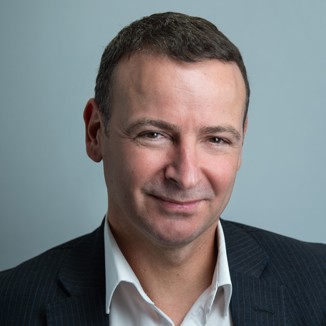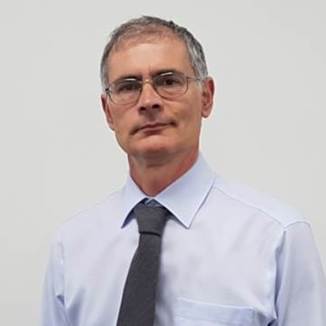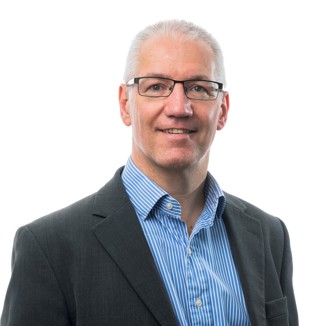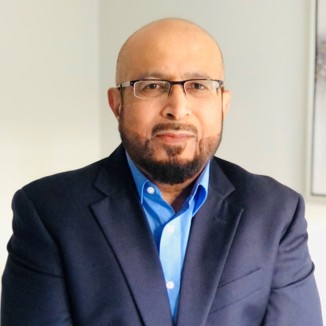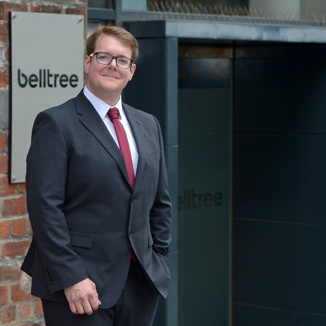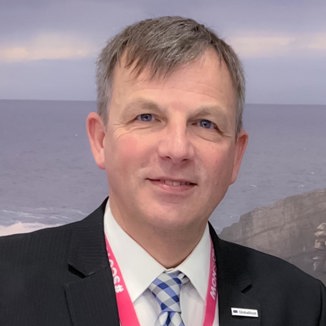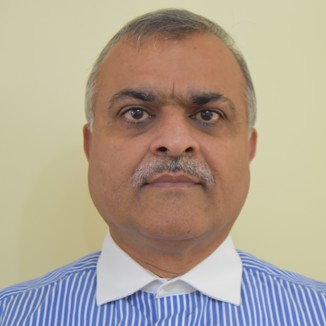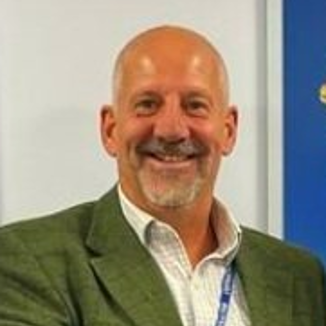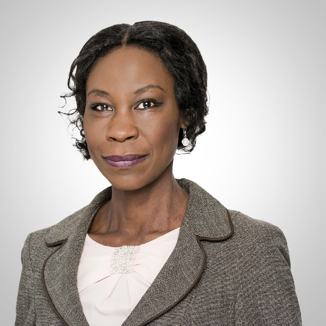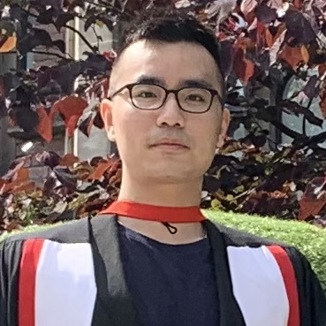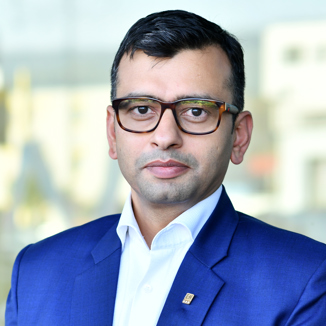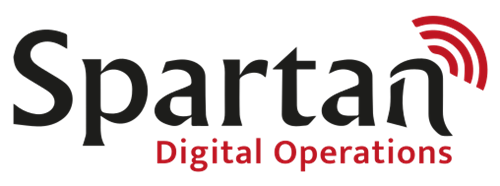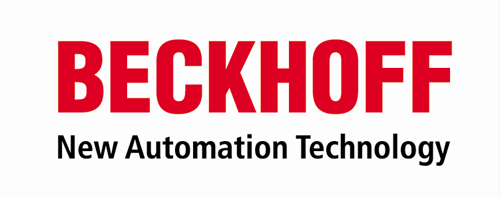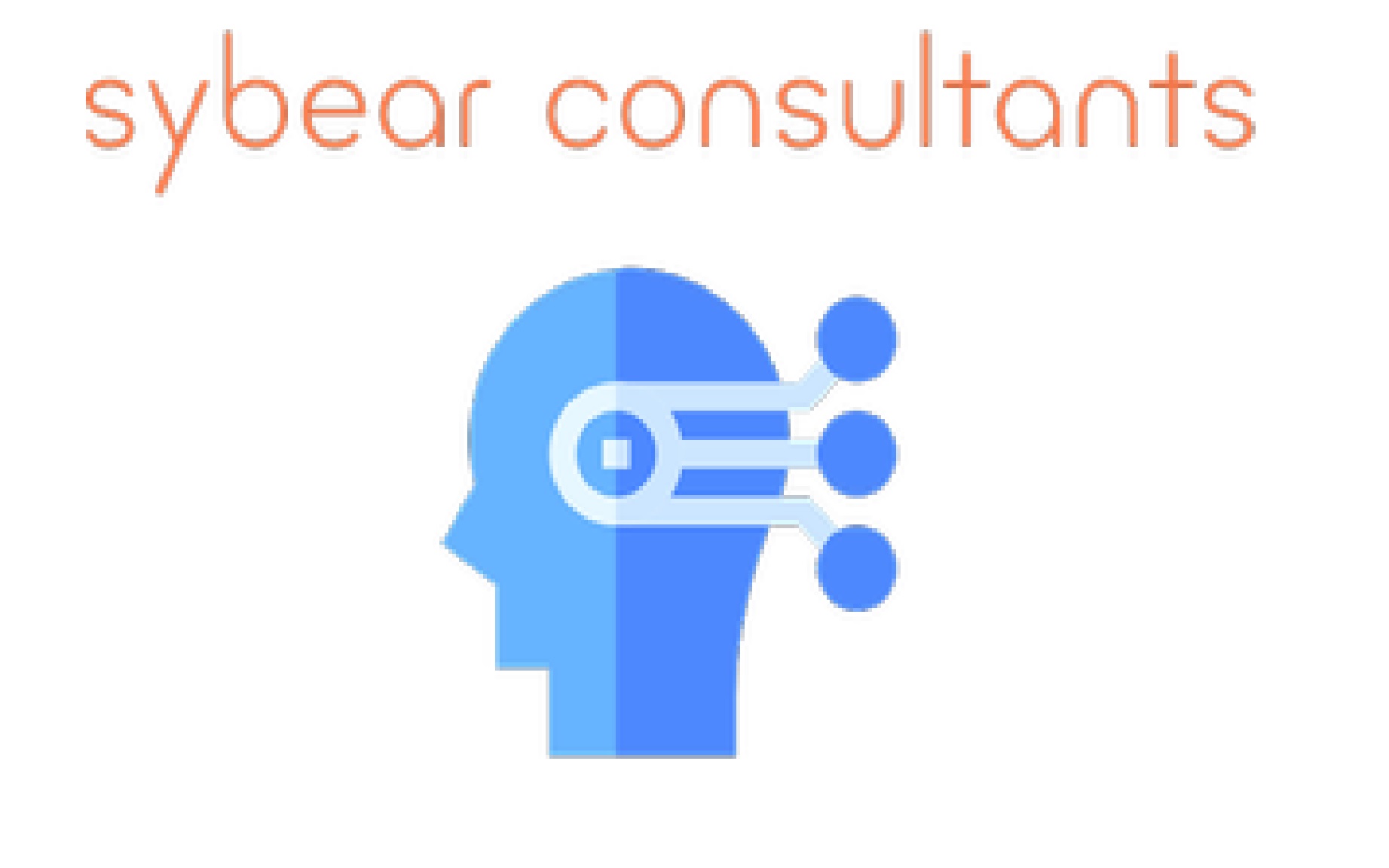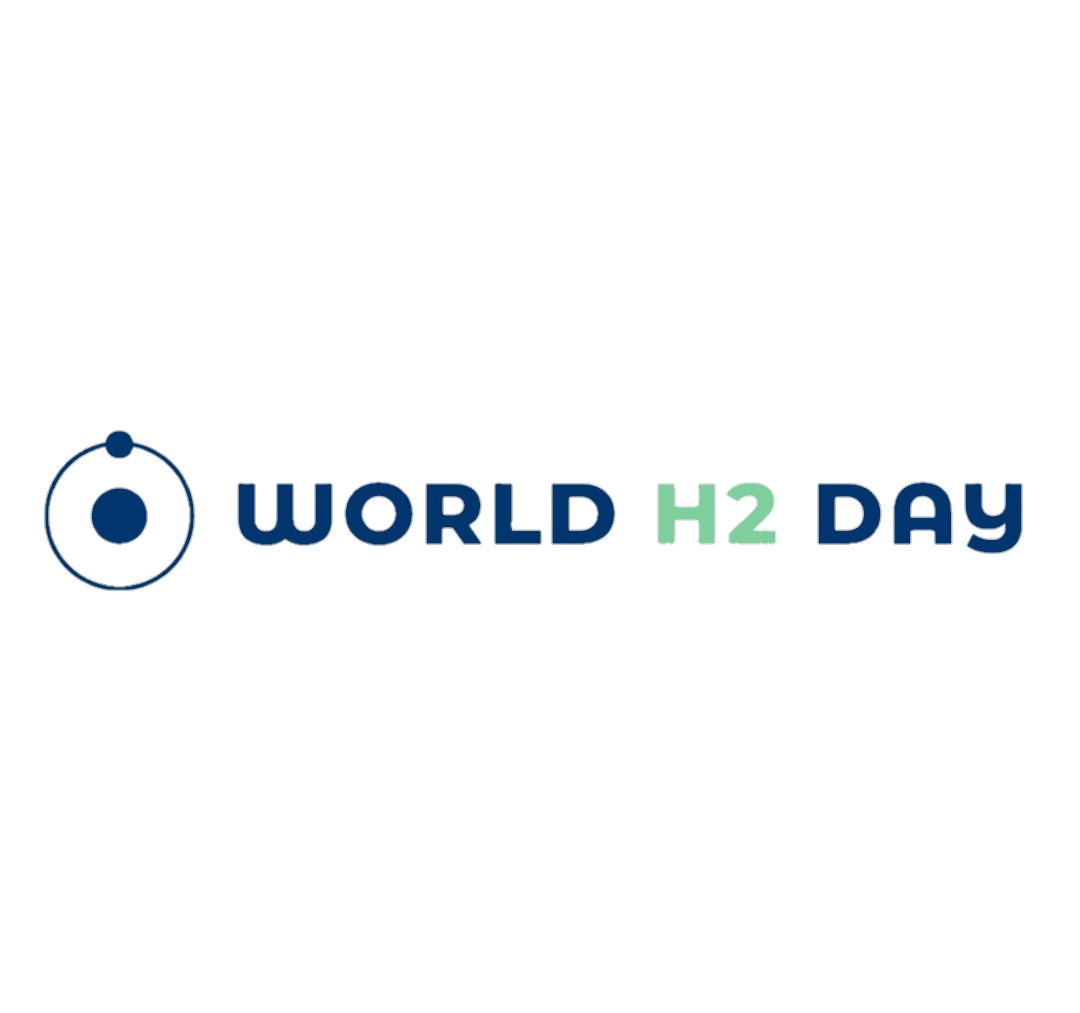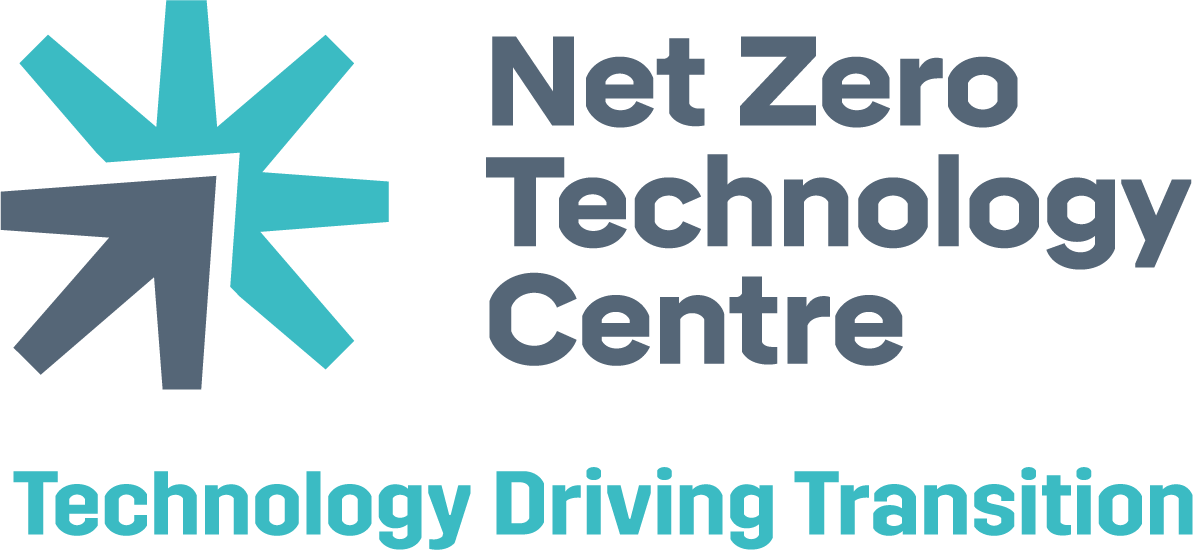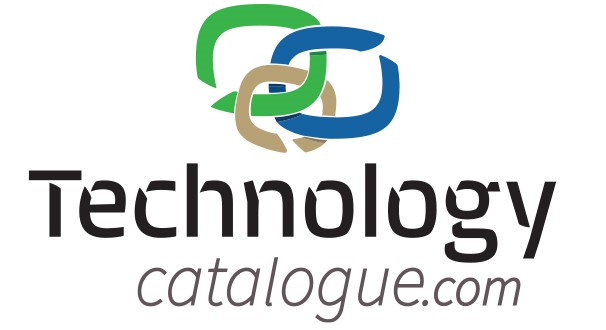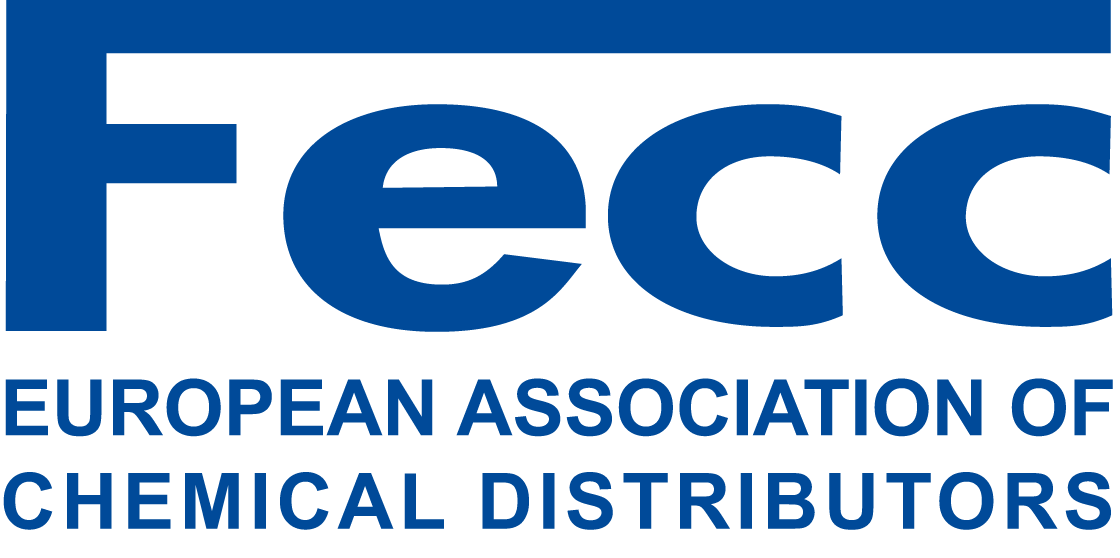COVID – 19 has impacted all our lives and the way we operate; it has had the biggest impact across the energy sector combined with Russia’s war on Ukraine severely impacting the European energy supply. It is paramount now the UK must look at exploration opportunities within a cost effective way while pushing new energy resources and opportunities to decarbonise.
The North Sea Energy sector needs a fundamental shift into the digital age. In the face of a rapidly evolving
technological landscape, developing game changing digital solutions, re-evaluating existing operating models,
and utilizing data to transform exploration efforts, have been brought to the forefront of industry discussion.
As digital transformation expands its reach across the industry, bringing with it digital drilling and production
technology, operational efficiency, data-driven operating models, opportunities in subsurface CCS storage,
distributed ledger solutions, lower per barrel production costs and revolutionized supply chains, now is the
time to transform your business model and embrace the full benefits that the digital oilfield has to offer.
The Future of the North Sea: Implementing your Digital Road Map, will serve as a platform to navigate this
rapidly evolving digital landscape, bringing together CEOs, CIOs, VPs of Operations & Production, Heads of IT,
Engineering Solutions & Advanced Analytics Directors and Asset Managers, with investors and innovators.

